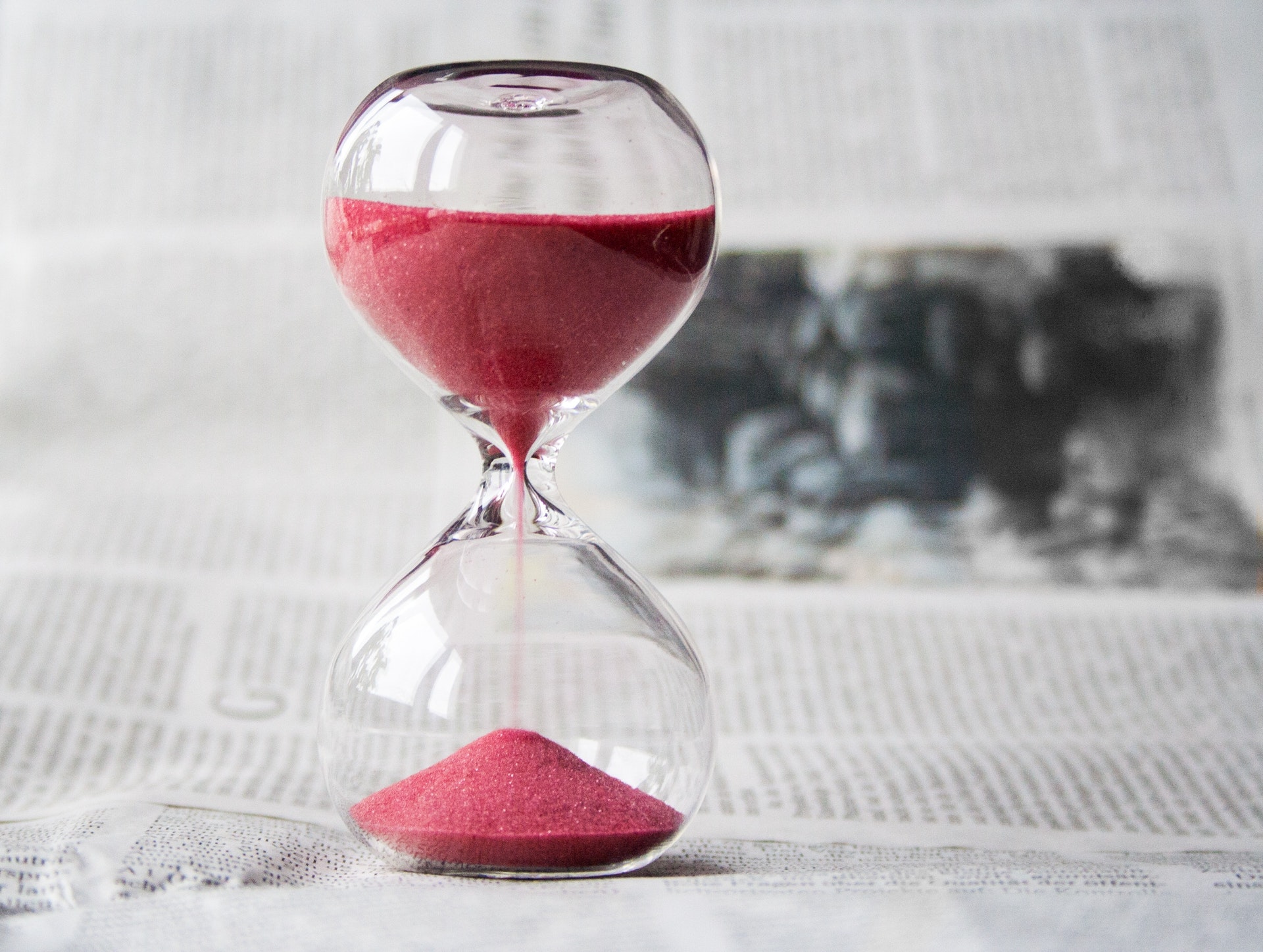What is a Mindset?
Our mindset is our pre-established opinions or evaluations, relating to what we think of certain ideas, matters, beliefs, thoughts, judgements, attitudes, events, people and ourselves. It is the key to our successes or failures. Through it, we approach all the issues that we confront in our lives. Through it, we make friends or enemies. Some do this brilliantly and others badly! Like everything else, different people approach different issues with a different mindset.
How does it work?
Our daily encounters!
While with the right kind of mindset, we can be enormously successful, equally with the wrong kind of mindset, we can travel backwards. A bus passenger, who wants to occupy more space than paid for; the subway traveller who adds discomfort to you, by opening the newspaper wide in front of you; the motorway driver who recklessly cuts in front of you, endangering your life; the callous chap who throws the drink can and litters the streets; the office worker who does not want to share some extra load of work, when one of the colleagues, is off sick and when a selfish driver leaves his car blocking your drive, causing you delays in getting to work, have mindset issues that we should be concerned about, as it affects us all, in some form or another. If we do not take these issues as material, can we take the issue of vandalism or pick-pocketing seriously? Naturally, there are a lot more serious mindset issues that we confront in our lives, which we need to deal with successfully, to be happy and peaceful in life. All nations have to face far serious issues than an individual may face and the consequences of adopting a wrong mindset for a nation can be a lot greater.
We may try to ignore the issue of our mindset as a trivial or unavoidable matter, but in truth, it does affect us. Not mending our mindset as we need would mean storing serious long term consequences, which could be more harmful than we may realise.

When does our mindset start forming?
To some extent, our mindset starts forming from our school days, when parents and teachers try to imbue young kids with good manners, values and attitudes. As we get older, our mindset gets a lot more shaped. As a part of our growing up, our intellect helps us to weigh issues we confront, which helps to change the earlier held mindset and acquire a new one without much difficulty. So the act of changing a mindset is not a complex one.
Where can we see the issues involving mindset?
Our lives are about performing a multitude of activities. Through this, we enrich our lives. A huge number of our activities involve other people - at work, educational institutions, social gatherings, religious places or other occasions. Knowing how to get on with people of different educational backgrounds, career levels, cultures, religions or nationalities, requires us to have a wider mindset. Our own mindset is reflected from the stand we appear to have on different issues, expressed either in words or in actions. Sooner or later, people who have close contact with us know of our mindset reasonably.

How do we spot the weaknesses in our own mindset?
Being watchful about the kind of mindset, people adopt in dealing with issues, is one of the ways, a great many people can improve their mindset. Reading a good book or listening to a good lecture on mindset issues, is another way. Trying to self-assess, as to how we try to solve our day-to-day issues and knowing how successful we are, without causing unnecessay fall-outs, may suggest that we are not doing badly. Being mindful about what we do - how we do; what we say - how we say; ensuring that we do not do injustice to anyone, is the principle that can guide us, to have the right mindset in us. If we see that we seem not to get along with people much; workmates do not co-operate with us or lose friends, we may consider that we are not adopting the appropriate mindset with them. But there are occasions when people with the right mindset, may encounter difficulties too. Imagine, a few fellows watched someone dropping a wad of cash behind him! Only one, may have the right mindset to hand him back the money - the mindset of the others, may not motivate them to do the same! We will have to understand, that in life, there are always aberrations!
What makes a right or wrong mindset?
What was a right mindset some years ago may not be right today! Like everything else, as time progresses, our mindset needs to be updated too. Years ago, people used to marry within their own classes, castes or religions. If anyone deviated from that mode, they had to endure great isolations and discourtesy from people around them. Today, to a great degree, it is not the same, especially in the metropolis. So, being well aware of the changing world, its values and our willingness to be up-to-date with our own mindset, is the way forward.


How do wrong mindsets affect people of all cadres?
People with different roles have different responsibilities. A domestic worker skiving off a bit early is very different from a doctor skiving off from his or her surgery - the consequences of which can be a lot more serious. It is the same in the case of a military officer showing indifference to how his soldiers conduct in a peacekeeping mission. So also a layman making untrue comments about people of another race, religion or culture to that of a Prime Minister or President of a country, doing the same! Or dictated by the wrong mindset and not proven by the facts, a nation getting involved in a war, causing catastrophic damage to another nation!
It has been generally recognised that a great deal of the serious wrongdoings, dishonesty or fraudulent practices, are conducted by people in privileged positions, be it in finance, industry or in politics. What kinds of mindsets, many of these people have, the so-called ordinary people might find them very difficult to comprehend. Here again we can see the necessity of helping all people equipped with appropriate mindsets, irrespective of the packing orders, attached to their work. It is almost like that all people need education or the help of a doctor, whether one is rich or poor, young or old.
